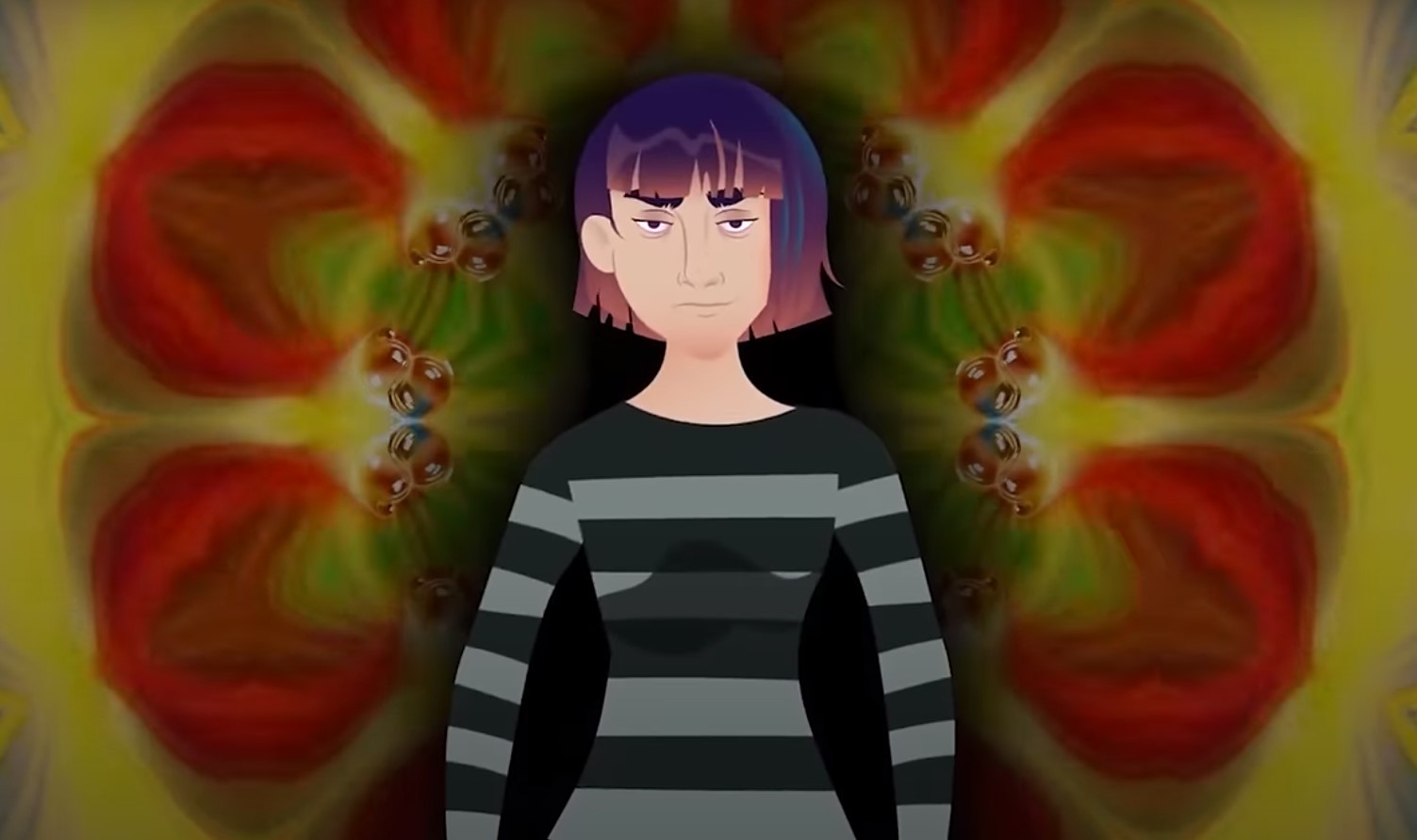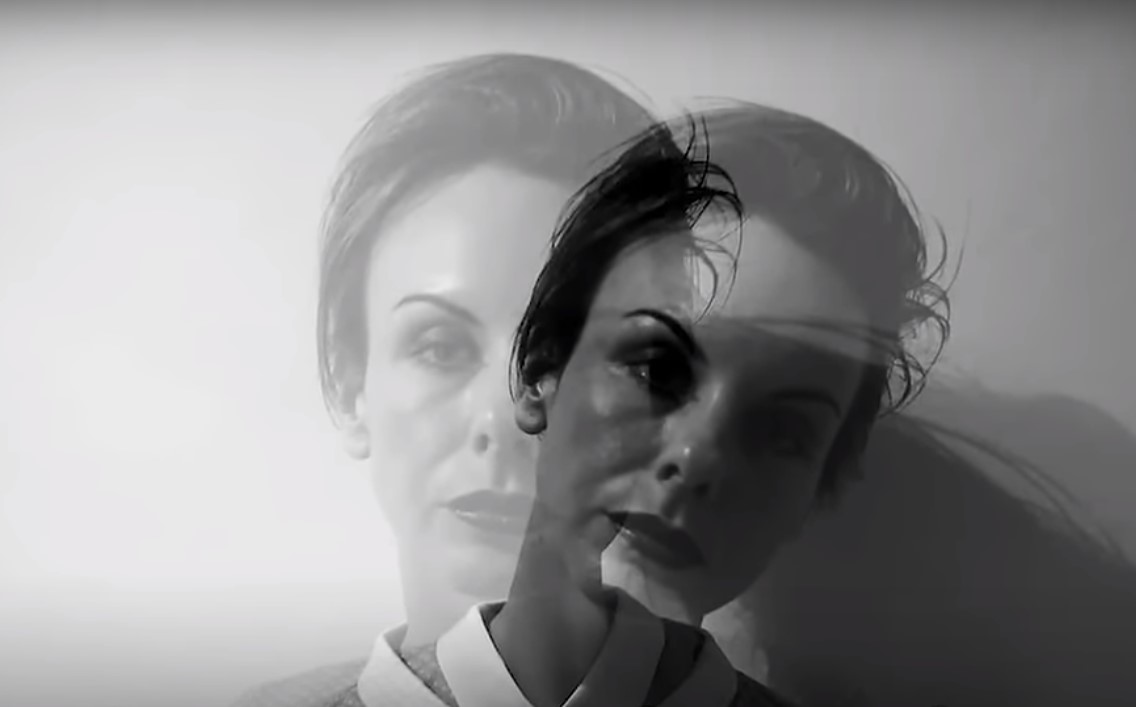Ketamine is a drug that is used for anesthesia and pain management, as well as for the treatment of depression and other mental health conditions.
This dissociative anesthetic is not just a drug but also has the potential to revolutionize the way we treat mental health conditions, including depression, anxiety, and PTSD ,according to Gerard Sanacora, MD, PhD, Director of the Yale Depression Research Program.
Effects can include altered perceptions of reality, out-of-body experiences, and feelings of detachment from the self and the environment.
However, the question isn’t so simple since there is some debate about whether ketamine should be considered a psychedelic, as its effects are distinct from those of classic psychedelics such as LSD and psilocybin.
Key Takeaway
Ketamine vs. Psychedelics
Classic psychedelics are known for their ability to override brain inhibitions, leading to powerful and sometimes challenging experiences that can include hallucinations, altered thought patterns, and intense emotions.
While ketamine can produce some visual and auditory distortions, its effects are generally less intense and overwhelming than those of classic psychedelics.
How Ketamine Differs from Other Psychedelics?
It is an article published on the Psychology Today website that explores the unique properties of ketamine and how it differs from classic psychedelics such as LSD and psilocybin. There you can find several key differences between ketamine and other psychedelics, including:
- Ketamine works by relaxing specific brain cells called chandelier cells, which allows pyramidal cells (responsible for thinking) to become more active. In contrast, classic psychedelics primarily target the serotonin system and can produce more profound changes in perception and consciousness.
- Ketamine tends to produce a more gentle and subtle effect than classic psychedelics, often described as a dream-like state characterized by a sense of floating or detachment from reality. While ketamine can produce some visual and auditory distortions, its effects are generally less intense and overwhelming than those of classic psychedelics.
- As we already mentioned, Ketamine’s gentler effects may make it preferable for people who are seeking relief from depression or other mental health conditions. While both ketamine and psychedelics can produce powerful experiences, ketamine’s effects may be more manageable for some people, and it may be less likely to produce adverse reactions.
“Ketamine is a remarkable drug with a unique mechanism of action that makes it a valuable tool for treating depression and other mental health conditions.” – John Krystal, MD, Professor of Psychiatry and Neuroscience at Yale University
“I left my body”
In March 2021, The Guardian published an article titled “It blew my mind: can psychedelic drugs cure addiction and depression?”
The article explores the potential therapeutic benefits of psychedelic drugs, including ketamine and psilocybin, in treating mental health conditions such as addiction and depression.
The article tells the story of a woman named Sarah, who struggled with alcohol addiction for many years.
Despite trying various treatments, including therapy and medication, Sarah was unable to overcome her addiction.
After participating in a clinical trial using psilocybin to treat alcohol addiction, Sarah experienced a profound transformation.
She described the experience as “mind-blowing,” and said that it helped her to see her addiction in a new light and to find the motivation to quit drinking.
Clinical Implications
The differences between ketamine and classic psychedelics have important implications for mental health treatment. Ketamine’s gentler effects may make it preferable for therapeutic purposes, particularly for people who are seeking relief from depression or other mental health conditions.
While both ketamine and psychedelics can produce powerful experiences, ketamine’s effects may be more manageable for some people, and it may be less likely to produce adverse reactions.
“Ketamine is a powerful and versatile drug that has the potential to transform the way we treat mental health conditions. Its unique properties offer hope for people who have not responded to other treatments.” – David Feifel, MD, PhD, Professor of Psychiatry at the University of California, San Diego.
| Category | Ketamine | Classic Psychedelics |
|---|---|---|
| Mechanism of Action | Relaxes chandelier cells, activating pyramidal cells. | Targets the serotonin system. |
| Effects | Dream-like state, sense of floating. | Profound changes in perception and consciousness. |
| Therapeutic Potential | Depression, anxiety, PTSD, chronic pain, substance abuse disorders. | More intense experiences, potential for therapeutic use under guidance. |
| Side Effects | Dissociation, nausea, increased heart rate, agitation. | Hallucinations, nausea, increased heart rate, agitation. |
| Legal Status | Schedule III controlled substance in the US. | Schedule I controlled substances, high potential for abuse. |
Conclusion
While ketamine may not fit neatly into the category of psychedelics, its unique properties offer hope for mental health treatment.
Its ability to gently lift existential burdens and evoke a dream-like state can provide a valuable tool for people seeking relief from depression and other conditions.
As research continues to explore the potential benefits and risks of ketamine and other psychedelic drugs, it is important to consider the unique effects and mechanisms of action of each substance in order to better understand their potential therapeutic applications.















